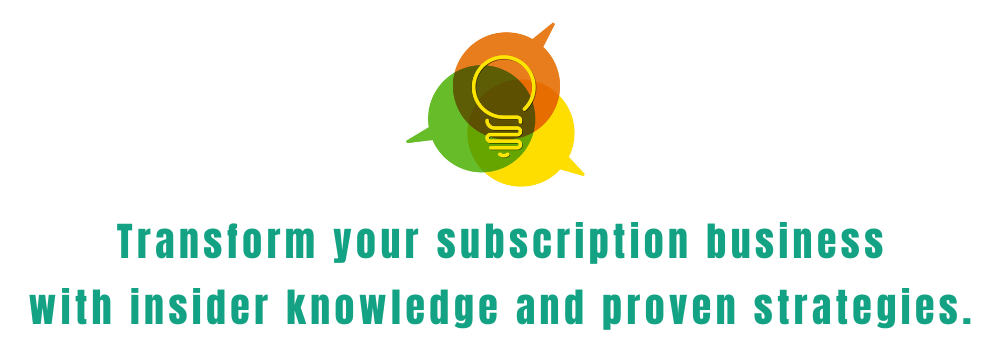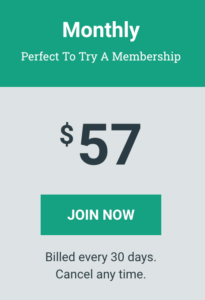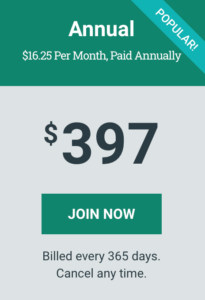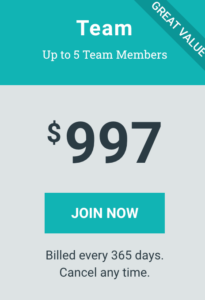
10 Ways Subscription Companies Can Outlast COVID-19
With the majority of states and millions of businesses shutting down with stay-at-home orders, the country is in a downward spiral economically. In an attempt to help companies, workers and families, Congress passed the Coronavirus Aid, Relief, and Economic Security (CARES) Act with bipartisan support. The CARES Act was signed into law by President Donald Trump on March 27, 2020. This economic relief package provides more than $2 trillion to support and protect Americans from the public he...
HELLO!
This premium article is exclusively reserved for Subscription Insider PRO members.
Want access to premium member-only content like this article? Plus, conference discounts and other benefits? We deliver the information you need, for improved decision-making, skills, and subscription business profitability. Check out these membership options!
Learn more about Subscription Insider PRO memberships!
Already a Subscription Insider PRO Member?
Please Log-In Here!









